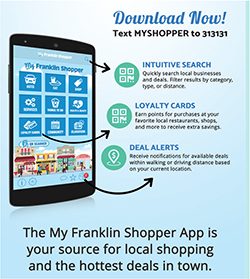Many items, including food and clothing, can strain a budget. As a result, many shoppers make it their mission to save money on their purchases, and coupons can be a great way to do just that.
According to a 2014 survey from the discount coupon site RetailMeNot, 96 percent of respondents regularly use coupons. In fact, Hawk Incentives, another deal resource, found that 40 percent of coupon users feel smarter when taking advantage of a deal. While there are some people who use coupons periodically, an entirely different type of shopper has mastered the art of maximizing coupon savings.
Learning how to follow such shoppers’ lead can save consumers substantial sums of money.
• Look for deals in your local newspaper. Begin by perusing newspaper inserts from local papers and match up the circulars to the stores you frequently visit. Pick the best deals you can find for products you actually use. You will not be saving money if you clip and utilize coupons but end up buying items that you don’t need and/or won’t use.
• See if you can stack coupons. Some stores will enable you to use both a manufacturer’s coupon and a store coupon at the same time. This is called stacking. Shop at stores that allow stacking to get better deals, particularly on food.
• Use discount code sites. Regularly check sites and apps like RetailMeNot for codes for favorite retailers. This is easily done before you head to the check-out line. Popular stores frequently run deals, and you may not realize there is a discount even if you’re in the store already. Oftentimes codes can be scanned directly from your phone. Other apps and resources enable you to load offers directly to a store rewards card. Investigate these possibilities for more savings.
• Automatically update your shopping cart. When making purchases online, utilize a plug-in site like Honey, which automatically scans its database of usable discount codes for the retailer you’re using. See if there are any applicable codes that can earn you a discount on the spot. If not, Honey will tell you that you have the best price.
• Sign up for mailing lists. While you may not want to inundate your inbox with spam, retailer newsletters and mailing lists will inform you about discounts and sales others may not know about. If you’re concerned about your email program getting flooded, designate a filter that will group these promotions into a separate folder.
• Keep coupons close. Coupons are only good if they’re available for use. Have a holder for print coupons or store digital coupons in a folder on your phone that can be easily accessed.
With these strategies in mind, consumers can increase their coupon savings considerably.







 Set up an account and track spending
Set up an account and track spending
 Time
Time








